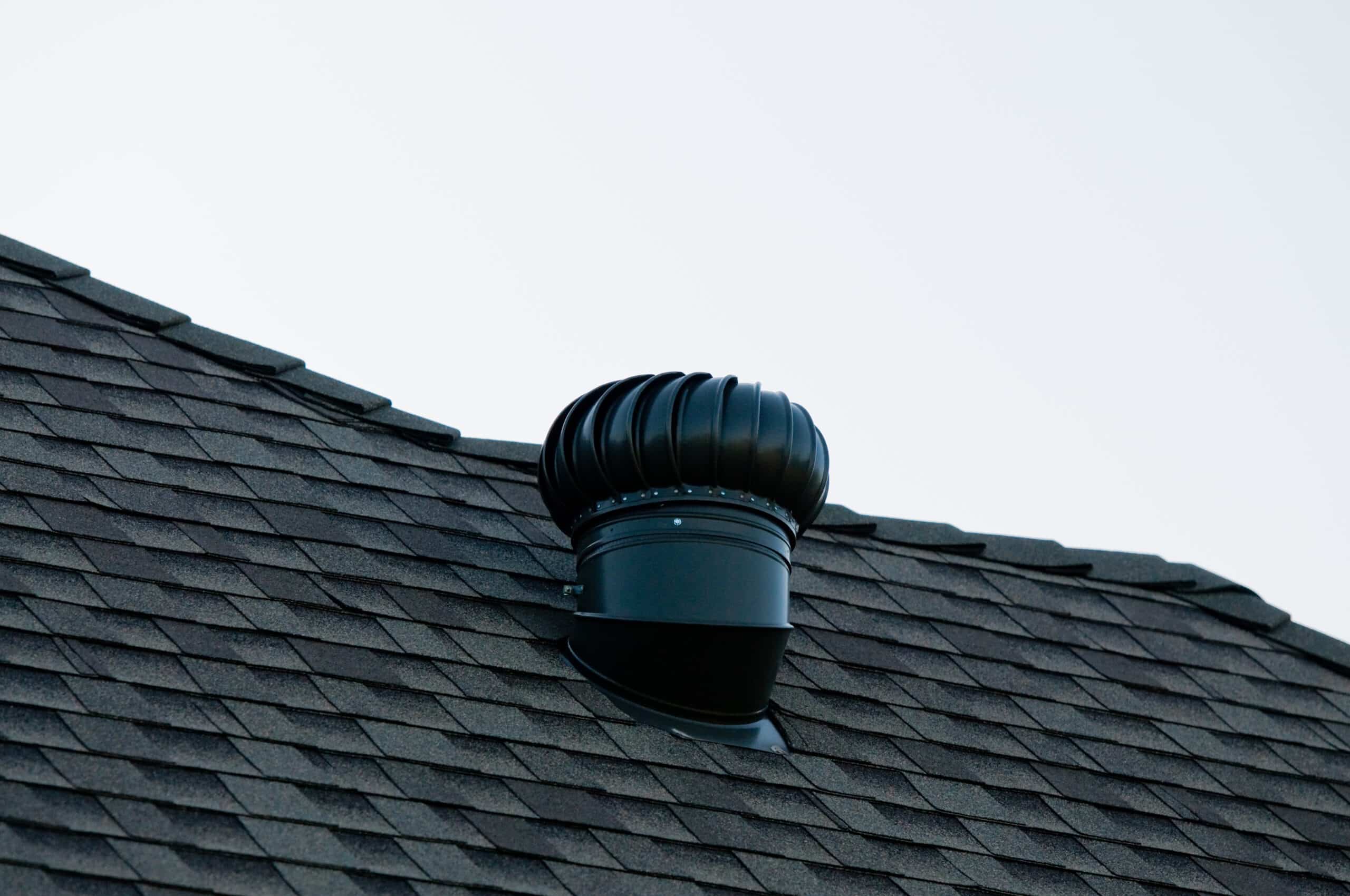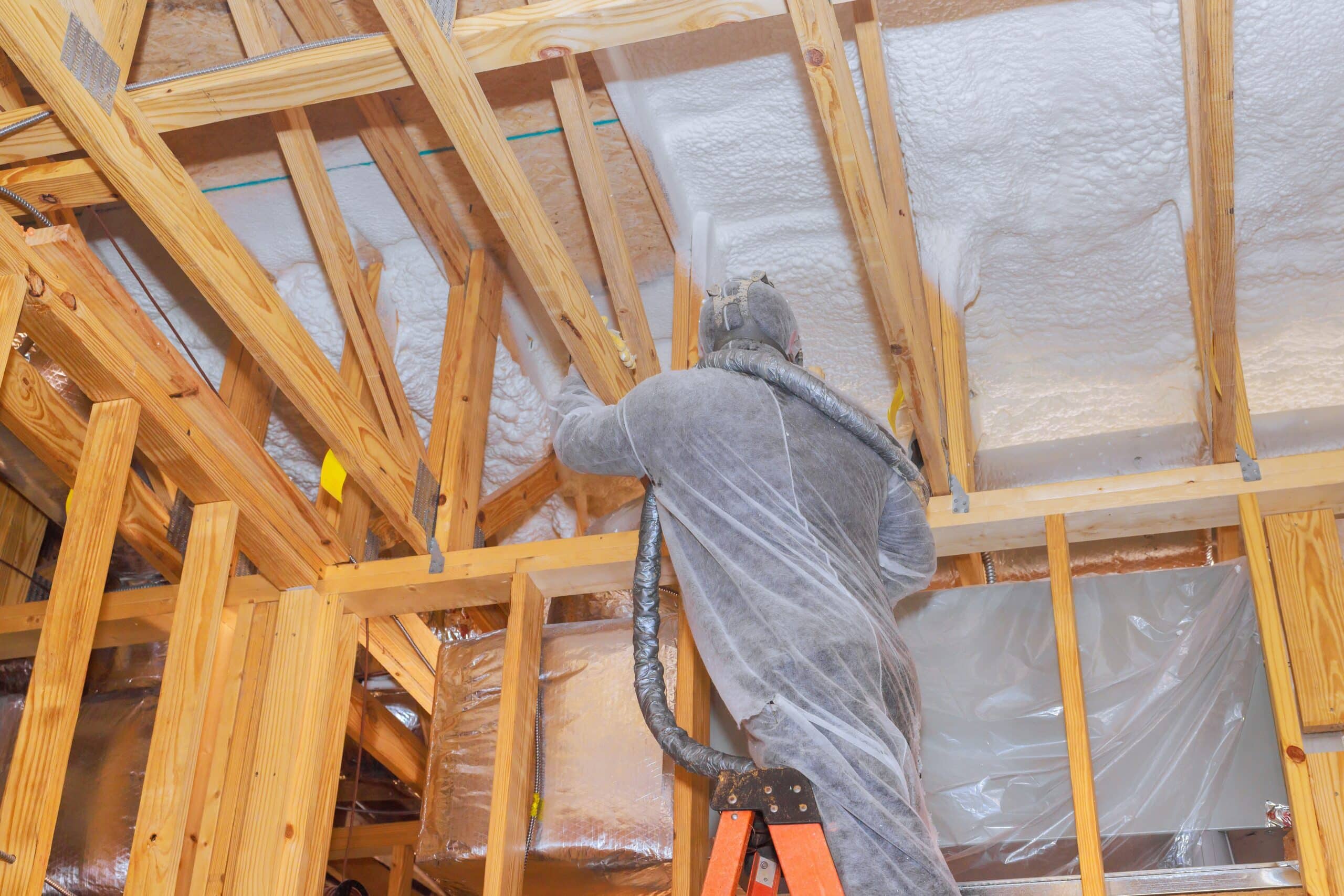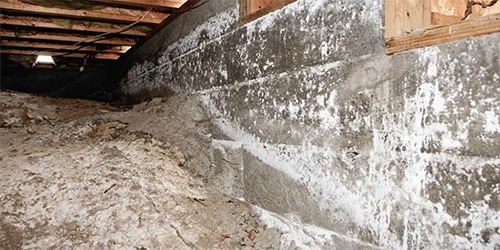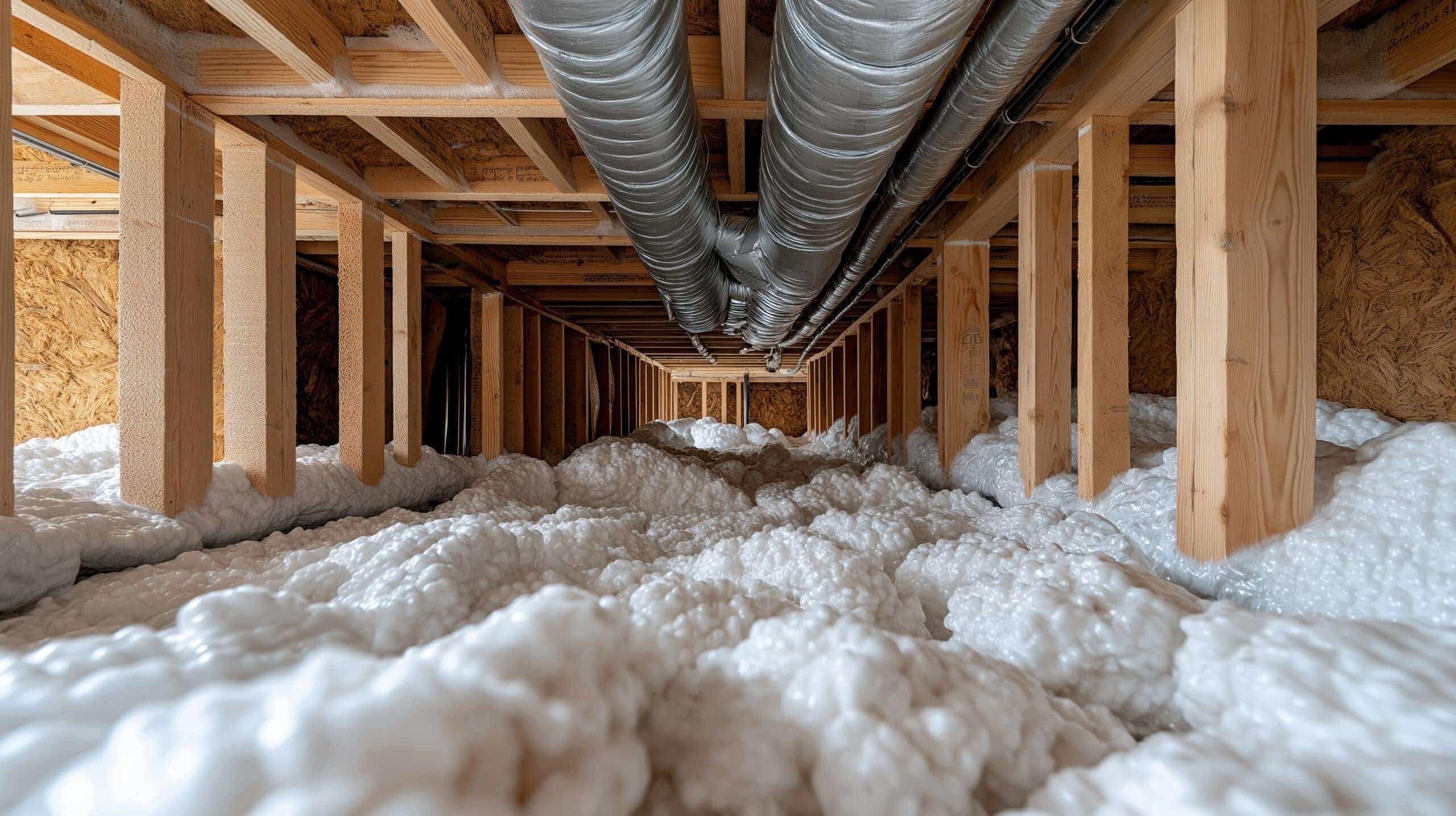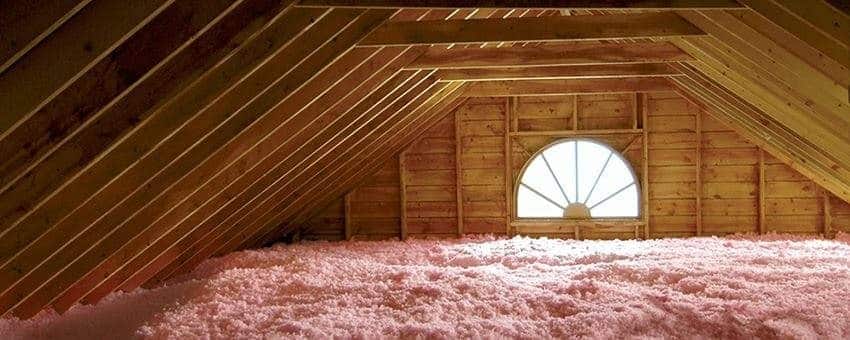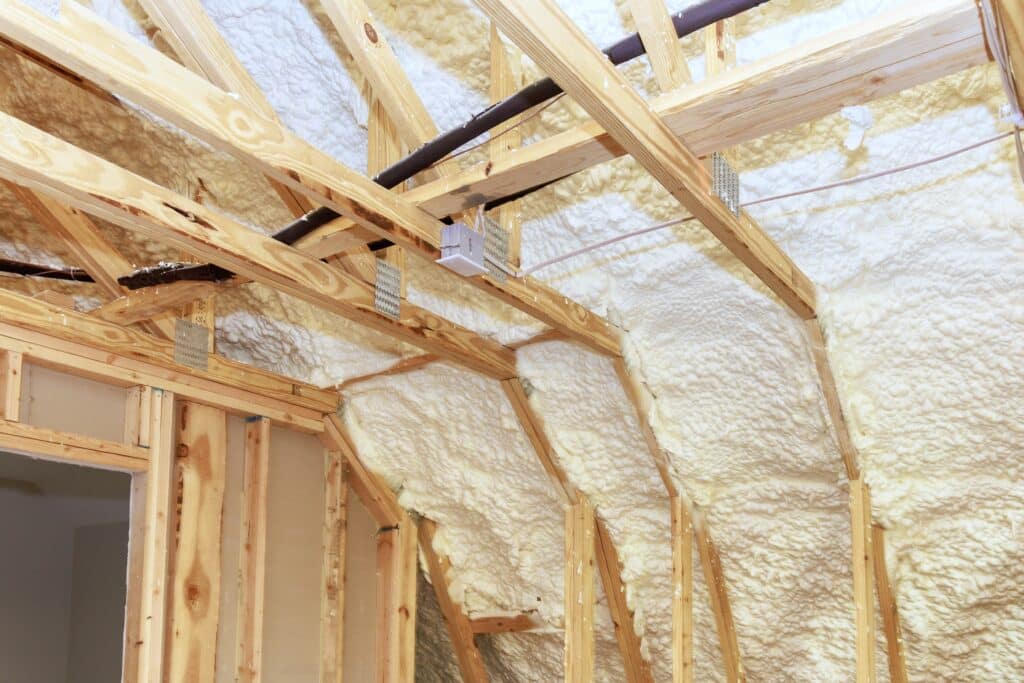
How spray foam improves HVAC efficiency in Raleigh homes by reducing energy loss and lowering utility costs is one of the most compelling reasons homeowners are investing in this insulation solution. By creating a continuous thermal boundary, spray foam minimizes air leakage and helps maintain consistent indoor temperatures. Homeowners enjoy enhanced home comfort, improved seasonal performance, and reduced strain on their HVAC systems.
For trusted spray foam installation and guidance, many homeowners turn to Triangle Radiant Barrier, a Raleigh-based company specializing in energy-efficient home solutions.
Understanding HVAC Efficiency and Energy Loss
What Causes HVAC Inefficiency?
HVAC systems often work harder than necessary due to:
- Gaps and cracks in insulation
- Poorly sealed ductwork
- Inadequate thermal boundaries
- Air leaks around windows, doors, and attics
These issues increase HVAC load, leading to higher energy consumption and reduced home comfort. Spray foam insulation addresses these challenges by sealing leaks and improving overall thermal performance.
How Spray Foam Creates a Continuous Thermal Boundary
Spray foam insulation expands upon application, filling gaps and cavities that traditional insulation may leave behind. This creates a continuous thermal boundary, which:
- Reduces energy loss through walls, ceilings, and floors
- Improves indoor temperature consistency
- Enhances seasonal performance by maintaining stable temperatures year-round
- Lowers HVAC load, reducing energy consumption
For professional Raleigh installation services, visit Spray Foam Insulation Raleigh NC.
Types of Spray Foam and Their Applications
Open-Cell Spray Foam
- Expands to fill gaps effectively
- Provides excellent air sealing
- Best suited for interior walls and attic spaces
Closed-Cell Spray Foam
- Denser and provides higher insulation value
- Acts as a vapor barrier
- Ideal for exterior walls, crawl spaces, and under the house
Installing the right type of spray foam ensures maximum HVAC efficiency and energy savings. Learn more about benefits for crawl spaces at Benefits of Spray Foam Insulation Under the House.
Reducing HVAC Load with Spray Foam
A properly insulated home requires less energy for heating and cooling. Spray foam:
- Seals air leaks, reducing unnecessary HVAC cycling
- Maintains consistent indoor temperatures, minimizing energy loss
- Enhances seasonal performance, keeping homes cool in summer and warmer in winter
- Extends HVAC system lifespan by reducing strain and wear
By lowering the HVAC load, homeowners save on energy bills and reduce maintenance costs over time.
Enhancing Home Comfort and Indoor Air Quality
Spray foam contributes to home comfort by:
- Eliminating drafts and cold spots
- Reducing humidity fluctuations
- Minimizing dust, pollen, and allergens entering the home
These improvements create a healthier indoor environment while supporting consistent seasonal performance.
Spray Foam vs. Traditional Insulation
Traditional Insulation
- Fiberglass and cellulose may leave gaps
- Less effective at preventing energy loss
- Requires frequent adjustments or upgrades
Spray Foam Insulation
- Expands to fill voids and gaps completely
- Provides continuous thermal boundary
- Improves HVAC load management
- Enhances home comfort and energy efficiency
The superior sealing ability of spray foam makes it a long-term solution for homeowners seeking lower energy costs and improved HVAC performance.
Seasonal Performance Benefits
Spray foam insulation helps Raleigh homes maintain optimal temperatures throughout the year:
- Summer: Keeps hot air out, reducing cooling demands
- Winter: Retains warm air, reducing heating requirements
- Reduces seasonal energy consumption, providing long-term savings
- Ensures HVAC systems operate efficiently regardless of outside temperature
Calculating Energy Savings
Homeowners often see noticeable reductions in energy bills after spray foam insulation due to:
- Lower HVAC load and reduced energy waste
- Improved air sealing, which prevents energy loss
- Reduced demand on heating and cooling systems, extending equipment life
Savings vary based on home size, insulation type, and existing efficiency, but many Raleigh homeowners report significant reductions after upgrading to spray foam.
Choosing a Spray Foam Contractor in Raleigh
Selecting a qualified installer is essential for maximizing benefits. Key considerations include:
- Experience with spray foam insulation in Raleigh homes
- Knowledge of energy-efficient home solutions
- Positive customer reviews and proven track record
Professional Installation Ensures Maximum Efficiency
Professional installation ensures:
- Proper application to achieve a continuous thermal boundary
- Compliance with safety standards
- Optimized HVAC load reduction and home comfort
- Maximized energy savings and long-term performance
Consulting experienced providers helps homeowners achieve the full benefits of spray foam insulation while maintaining proper installation standards.
Additional Benefits of Spray Foam
Spray foam provides multiple advantages beyond HVAC efficiency:
- Increased home value due to energy efficiency improvements
- Enhanced structural integrity in some cases
- Reduced noise transfer through walls and ceilings
- Protection against moisture and mold growth
These benefits make spray foam a smart investment for Raleigh homeowners looking to improve energy efficiency and overall comfort.
Maintenance and Longevity
Spray foam insulation requires minimal maintenance:
- Periodically inspect for damage or air leaks
- Ensure vents and HVAC ducts remain clear
- Professional inspections every few years maintain seasonal performance
Proper maintenance ensures that the home continues to benefit from improved HVAC efficiency and consistent indoor comfort.
Combining Spray Foam with Other Energy-Efficient Upgrades
For maximum energy savings, homeowners can combine spray foam insulation with:
- Radiant barriers in attics to reduce heat transfer
- Sealed ductwork to improve HVAC efficiency
- Energy-efficient windows and doors
- Programmable thermostats for better energy management
These upgrades complement spray foam insulation, further reducing energy loss and enhancing home comfort.
Getting Started with Spray Foam Insulation in Raleigh
- Evaluate current insulation and HVAC performance
- Schedule a consultation with a certified provider
- Determine which spray foam type (open-cell or closed-cell) fits your home needs
- Plan installation around home occupancy and seasonal timing
- Complete installation with professional oversight to ensure optimal thermal boundary
Homeowners in Raleigh can get started by contacting Triangle Radiant Barrier for a consultation.
Conclusion: Improve HVAC Efficiency and Comfort
Spray foam insulation is one of the most effective ways to improve HVAC efficiency in Raleigh homes. By creating a continuous thermal boundary, reducing energy loss, and lowering HVAC load, homeowners enjoy improved home comfort and seasonal performance.
With professional installation and proper maintenance, spray foam delivers long-term energy savings and contributes to a healthier, more efficient home environment. For expert installation and guidance, Triangle Radiant Barrier remains a trusted choice for Raleigh homeowners seeking energy-efficient solutions.
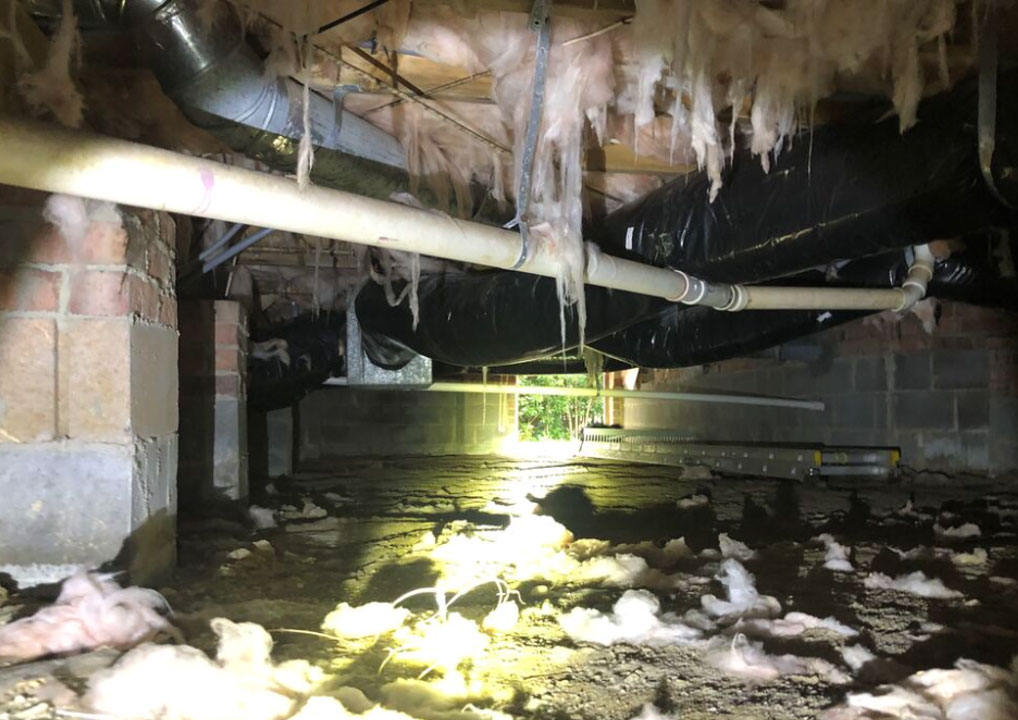
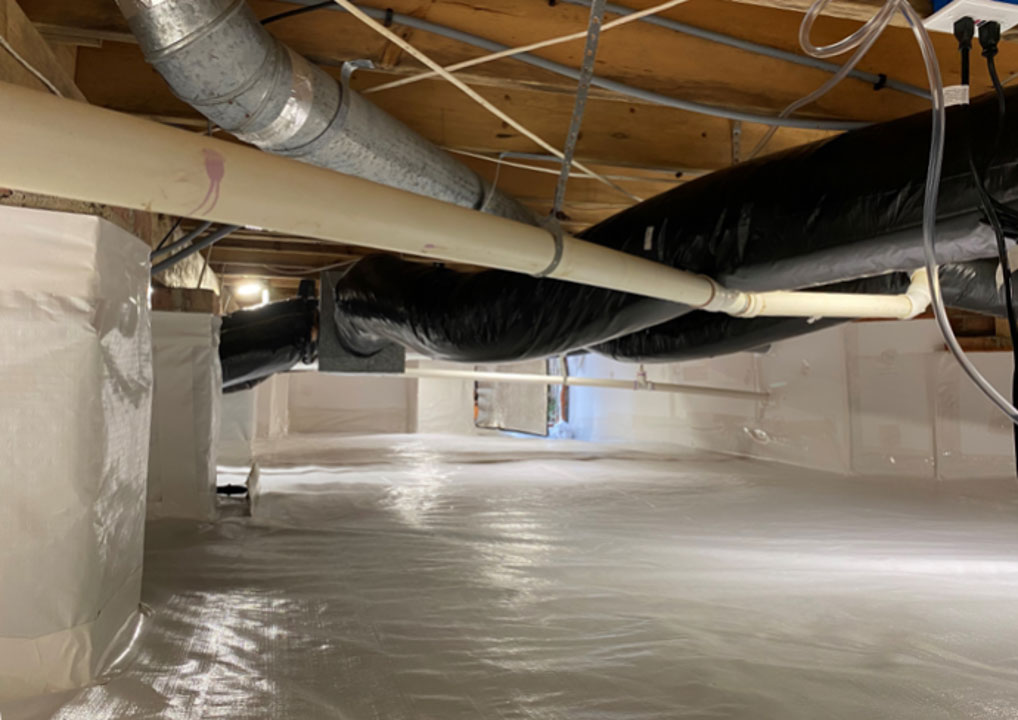
FAQs (Frequently Asked Questions):
How does spray foam improve HVAC efficiency?
Spray foam seals gaps and creates a continuous thermal boundary, reducing energy loss and lowering HVAC load, which improves efficiency and comfort.
What areas of the home should I insulate with spray foam?
Attics, crawl spaces, walls, and under the house are ideal areas for spray foam insulation to enhance seasonal performance.
Is spray foam worth the investment?
Yes. It improves home comfort, reduces energy bills, and extends HVAC system lifespan. Learn more about benefits here.
How do I choose a contractor in Raleigh?
Select certified, experienced providers with positive reviews to ensure proper installation and maximum efficiency.
Does spray foam require maintenance?
Minimal maintenance is needed. Periodic inspections of insulation and HVAC systems help maintain efficiency and long-term performance.

